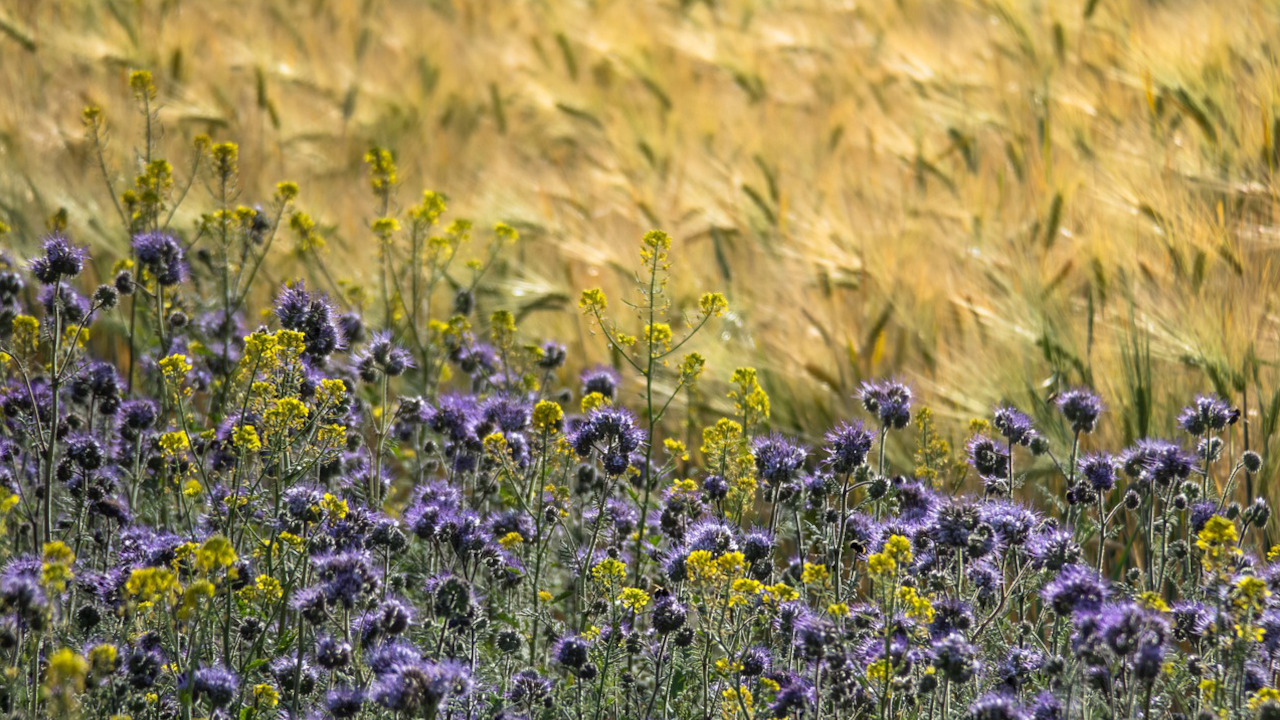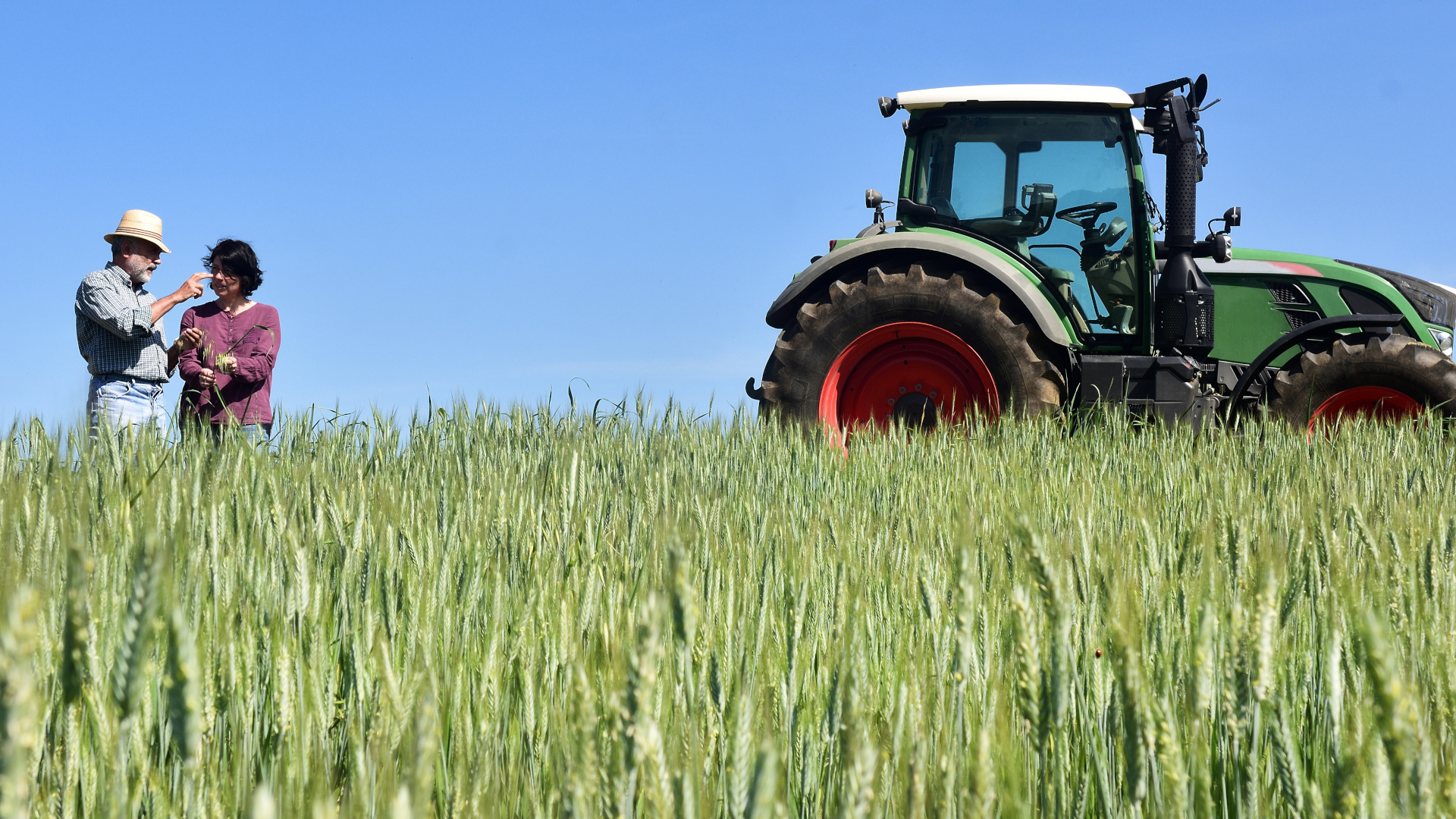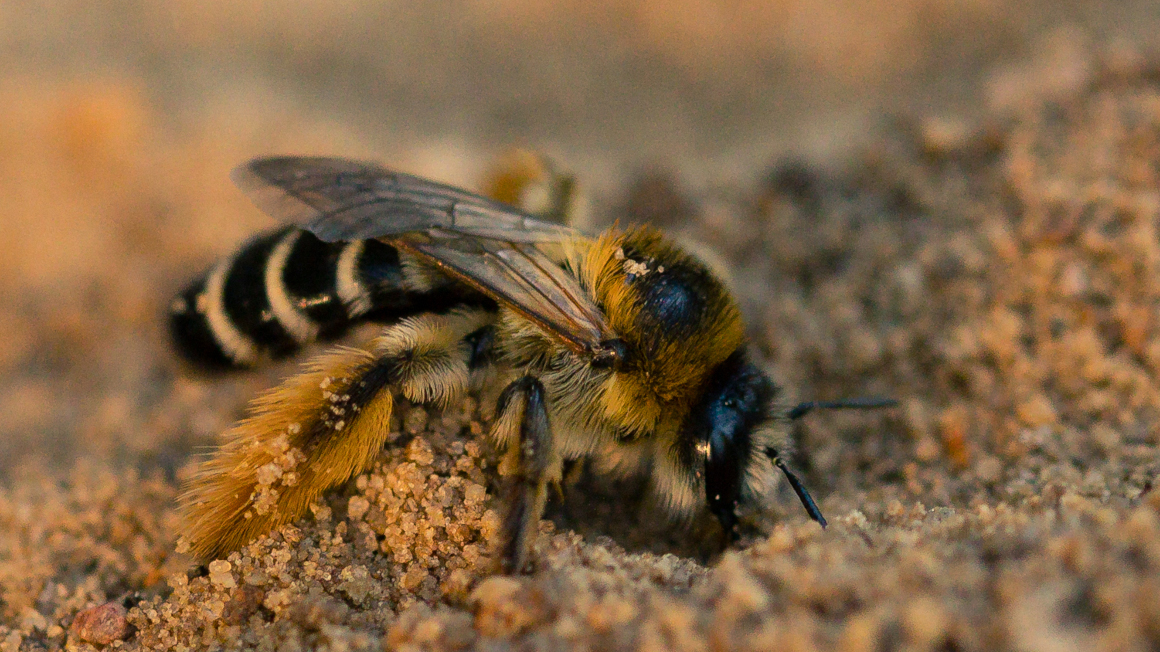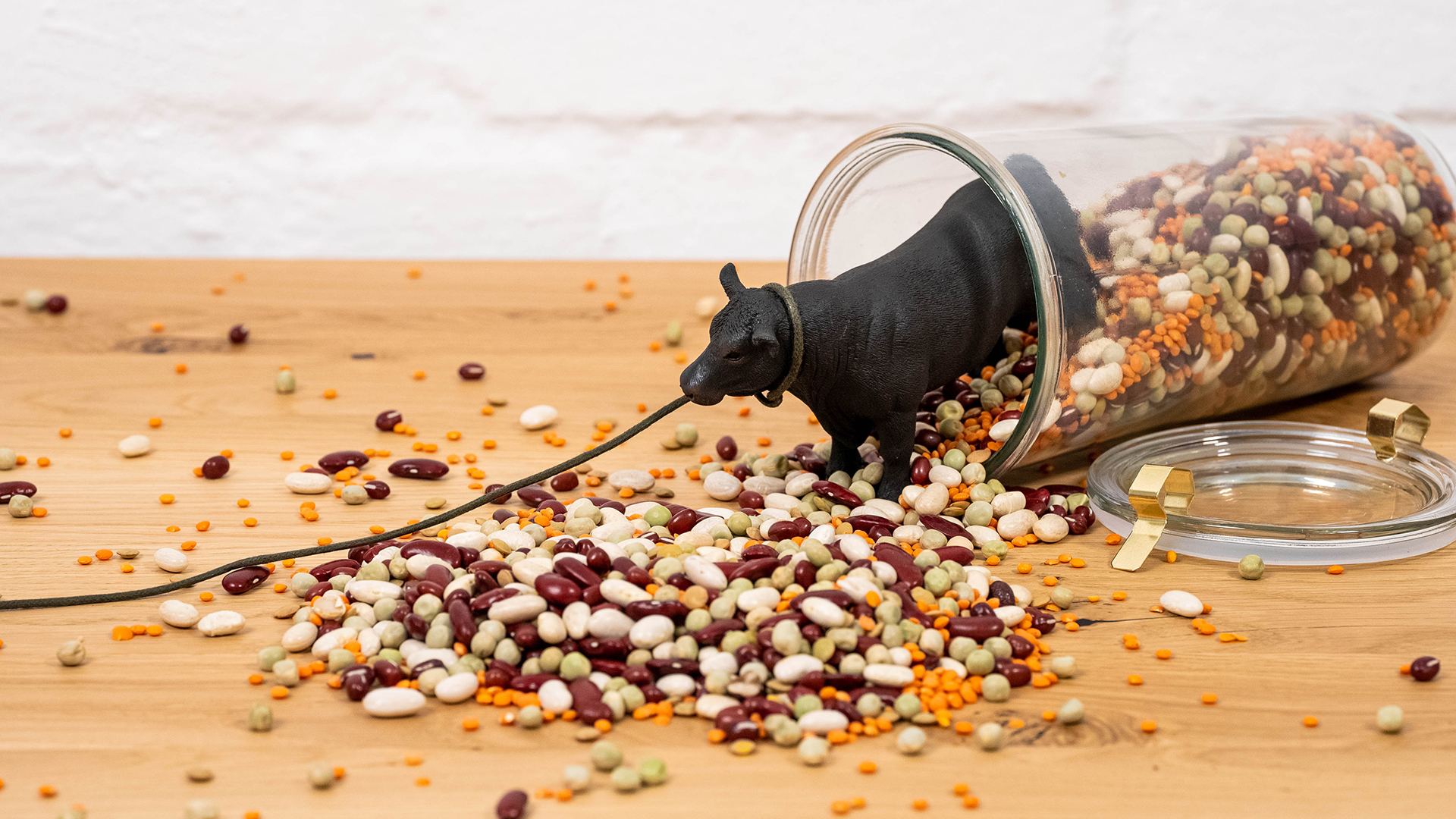New European partnership for agroecology research
As part of the European partnership AGROECOLOGY, the call for proposals for actors from Germany has now started. Submit your ideas by April 26!

As the successor to the EU's well-known ERA-NET research funding, the current Horizon Europe research framework includes so-called public-public partnerships. A partnership of this type relevant to bioeconomy research was launched in January 2024: "Agroecology living labs and research infrastructures - AGROECOLOGY".
More than 70 national and regional decision-makers, funding bodies and research institutions from 26 European countries have joined forces in this initiative. A total budget of 300 million euros is available for up to ten years. From Germany, the Federal Ministry of Education and Research (BMBF) and the Federal Ministry of Food and Agriculture (BMEL) are involved as sponsors of the partnership. The national call for proposals was launched last week; the deadline for submitting draft ideas is April 26, 2024.
The aim of the partnership is to jointly advance the transition of agriculture towards more sustainability, resilience, environmental and climate friendliness, generally summarized under the term agroecology. The partnership relies on an interdisciplinary scientific approach by stakeholders from the agricultural, environmental and social sciences.
The AGROECOLOGY call for proposals
Click here for the current call for proposals on the BMBF website (only available in German).
What is agroecology?
Agroecology is a knowledge-based, systemic approach that impacts the full range of agricultural practices: from the breeds and varieties used to agricultural practices related to soil management, pest control and strategies to increase crop diversity and biodiversity management.
It also means a profound transformation of agricultural value chains and the development of fair business models to support these new practices and provide farmers with market opportunities and adequate incomes and consumers with affordable food. At the same time, agroecology should make a significant contribution to reducing global warming and adapting to climate change, protecting biodiversity and ecosystems and strengthening the sustainability and resilience of agricultural and land use systems.
Four overarching themes and two focal points
The BMBF intends to strengthen the implementation of the National Bioeconomy Strategy in an international context by funding collaborative research and development projects involving foreign partners. Funding is provided for research, development and innovation projects (R&D&I projects) that are selected as part of a competition.
The funded research projects must consider the following central overarching topics:
- Increasing the resilience of agroecosystems,
- Closing nutrient and energy flows,
- Improving the efficiency of resource use and
- Promoting agricultural biodiversity.
A holistic, integrated approach is required to take account of the diversity of environmental and socio-economic aspects involved and to consider value conflicts and their social and ecological consequences.
Projects should be based on a multidisciplinary and integrated approach with a multi-stakeholder perspective in order to enable the co-design, co-assessment and co-implementation of innovations along all relevant stakeholders.
Additionally, there are two main topics:
Topic 1: Improving agroecology in agricultural production systems
Topic 2: Implementation of agroecology at the regional landscape level
Universities, non-university research institutions, state and federal institutions with research tasks and commercial enterprises, in particular small and medium-sized enterprises (SMEs), are eligible to apply. The duration of the projects to be funded is generally up to three years.
As mentioned above, the deadline for submitting draft ideas is April 26, 2024.
The BMBF has commissioned Project Management Jülich (PtJ) to manage the funding measure. Contact persons are Nicolas Tinois, Silvana Hudjetz, Ulrike Ziegler and Daniela Piaz Barbosa Leal. PtJ is also AGROECOLOGY's coordinator and call office for calls for transnational research projects.
pg


